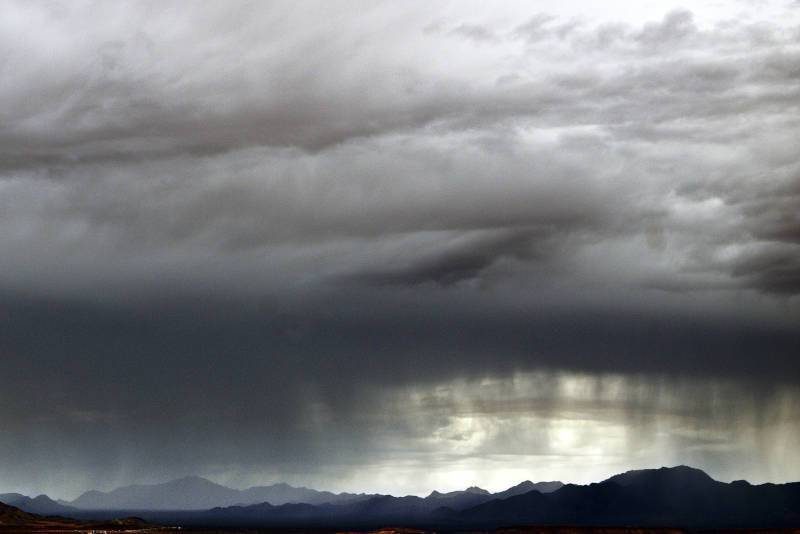Consider two different responses to the pandemic:
- A group of people protests in front of a state capital building, some carrying assault weapons providing an image of threat and intimidation. They are protesting the infringement on their “freedom.” Social distancing orders have deeply affected their lives, their freedom of movement, and, for many, their employment. They have framed their losses as bondage.
- An elderly man is given a ventilator by people who love him, in a nation where there are not enough ventilators for all who need them. A band of people has found a way to pay for and obtain a ventilator for this man they love. It is a gift to him. He receives it and then gives it away to a young man who also needs a ventilator. He then succumbs to the COVID-19 virus.
Which of these two responses to the pandemic is an expression of freedom? Is freedom found in my ability to do what I want (do my thing) even when it infringes upon the lives of others, disregards their ability to live? Or, is freedom found in the ability to freely give up my life for the life of another?
Freedom is often expressed in terms of our ability to do what we want. But, as theologian Karl Rahner expressed in one of his essays, there are spheres of freedom. When it comes to our freedom of choice, one person’s sphere of choice is larger or smaller than another. Our spheres of freedom impinge on or affect the freedom of others. One person’s sphere of freedom can diminish another’s. Historically, the “privileges” given to white people by racism have limited the choices available to black people (choices regarding schools, vocations, health care, freedom from violence, etc.). The present economic disparities in our nation depict different spheres of freedom to make various choices. Those who are wealthy have many more choices for escaping the effects of the coronavirus than those who are poor.
The only thing that truly begins to address the disparities and injustices is the freedom that is love. Martin Luther King, Jr, understood this with great clarity: “I believe that unarmed truth and unconditional love will have the final word in reality. This is why right, temporarily defeated, is stronger than evil triumphant.” This is true because love enters into the sphere of the other, even when that may mean diminishing one’s own sphere of choices. The elderly man, in giving up his ventilator, narrowed his choices. Again, Martin Luther King: “Love is the active outpouring of one’s whole being into the being of another.”
Love may have us narrowing our choices, but it also may have us expanding them. Love calls people beyond the limitations placed on them by others. It has us pressing forward, expanding our sphere in order to live out our calling in the compassionate use of our gifts in relation to others.
Whether our choices narrow or expand, love freely gives itself. It is the reality that cannot be coerced. We cannot make another person love us and we cannot keep another person from loving us. Even our evil actions against another cannot undo love, for love forgives. (Jesus from the cross: “Father, forgive them for they know not what they do.”) Love, compassion, mercy, justice (making right what is wrong), bring true life-giving change and liberation.
The pandemic that we are enduring calls out for compassion and love. The disparities, along with leadership that ignores the poor and props up Wall Street, cry out for radical acts of love. When we see people answering this call, we see them freely giving themselves for the sake of others. Their actions heal and restore, do justice and liberate. We see genuine human freedom in these acts.
Regarding the two responses to the pandemic that I began with, each has a different feel to it. The first feels like the bondage of self-absorption. It does not feel like freedom to show up with weapons to demand that you get your way even at the cost of others’ well-being. The second feels like freedom, the freedom of giving oneself, one’s life, for another.
The opportunities to love are always there. But, in this time of a pandemic and the new situations it has created, it may be that the call to love—to the freedom that is love—is more easily distinguished from other voices. A gift is being offered to us: the call to love. Therefore, paraphrasing Jesus, “Let those who have ears to hear, let them hear and obey the call.”
